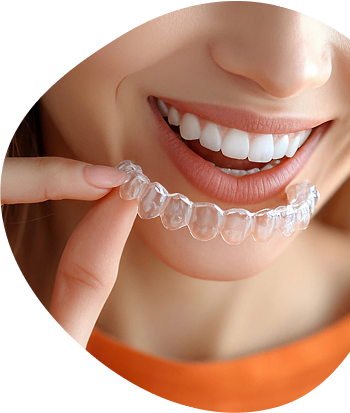Is It Safe to Go To the Dentist During Pregnancy?
Most women tend to miss their dental appointment or avoid it on purpose while they are pregnant. While some women feel too uncomfortable to visit a dentist, others believe it is risky visiting a dentist in Colorado Springs during pregnancy. You have always been taught the importance of regular dental checkups and good oral hygiene since your childhood. However, this shouldn’t change during pregnancy because maintaining good oral hygiene is important for your overall health, and staying healthy during pregnancy should be your top priority.
Inform Your Dentist About Your Pregnancy
Make it a point to inform your Colorado Springs Dentist during a checkup, even if you are planning a baby. This is especially important if you are undergoing an invasive procedure. As soon as you get pregnant, inform your dentist on your very first visit. Don’t wait for the obvious signs to show up because they need to use pregnancy-safe dental equipment.
They can also prescribe how to keep your mouth healthy during pregnancy. While it’s not common for women to face dental issues during pregnancy, hormonal changes could often result in gingivitis, which is termed as pregnancy gingivitis. This condition results in swelling and inflammation of the gums. Visiting a dentist regularly can help treat this condition before it gets worse.
Tooth Decay
This may be surprising to you, but pregnant women are more prone to tooth decay. This is because they often succumb to cravings and indulge in a wide array of carb-rich and sweet foods. This often results in tooth decay when their regular dental exam is missed.
If you suffer from severe tooth decay and you are worried about undergoing dental procedures because of fear of local anesthesia, then you should know that various numbing agents are safe for pregnant women. There is no reason for you to miss your dental appointment when you are pregnant because your dental health is important.










.png)


